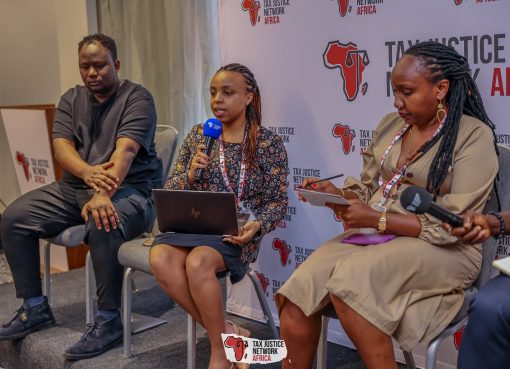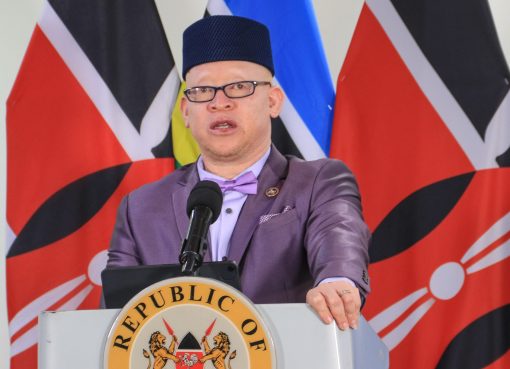Darling, an East African hair extensions manufacturer on Tuesday donated wigs to Kenya Cancer Association (KENCANSA) for cancer champions undergoing chemotherapy and radiation treatment.
Over 1, 000 women across Kenya supported by KENCANSA were expected to benefit from the wigs donation.
The Darling Kenya Chief Executive Officer, Gaurav Kaushal said that the brand understands the importance of confidence associated with fashionable hairstyles.
“We want to equip our cancer champions with an indispensable freedom to effortlessly wear any style, anytime with ease. We want them to find their beautiful selves in whichever wig suits them well even after loss of hair during cancer treatment,” said Mr. Kaushal.
The KENCANSA Executive Director, Ms. Grace Mugambi said for cancer champions, wigs were a step towards reclaiming their confidence and reasserting their place in their world.
“Losing one’s hair is a common side of chemotherapy which can have a great impact on a woman’s self-esteem. Many of the women have difficulty adjusting to the hair loss and that is why wigs are a very important part of their treatment,” said Ms. Mugambi.
The International Agency for Research on Cancer’s Globocan 2018 data shows women led in new cancer cases with 28, 688 getting the disease compared to 19,199 men, representing 56 per cent of the total new cases.
The Board Member of KENCANSA, Rachel Kitonyo said that the main reason people were dying was because of late diagnosis since only few people go for annual checkup.
“The number one killer cancer in Kenya is breast cancer followed by cervical cancer. Yet these are the two most preventable deaths through early detection but we are not noticing them,” said Kitonyo.
“The government needs to bring down the cost of treatment by zero rating chemotherapy drugs for cancer care to be affordable to all Kenyans,” noted Kitonyo
KENCANSA is the leading national voluntary run nonprofit making organization established in Kenya in 1995 after recognizing that cancer was emerging as a leading cause of death in the country.
The core mandate is to raise public awareness on cancer as well as mobilise and lobby stakeholders to prioritize cancer in their programs.
By Brian Mokua/Samira Kibacha



